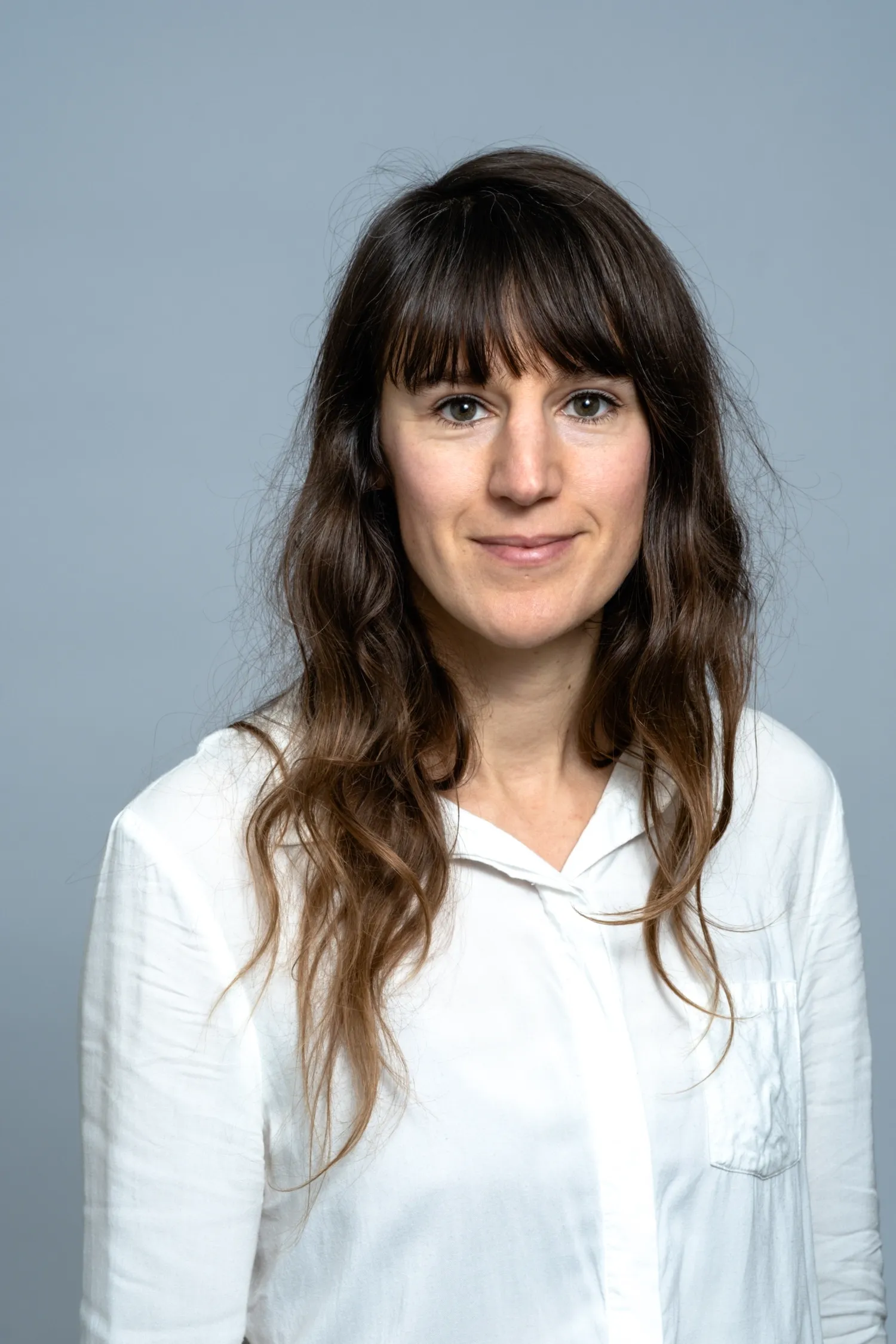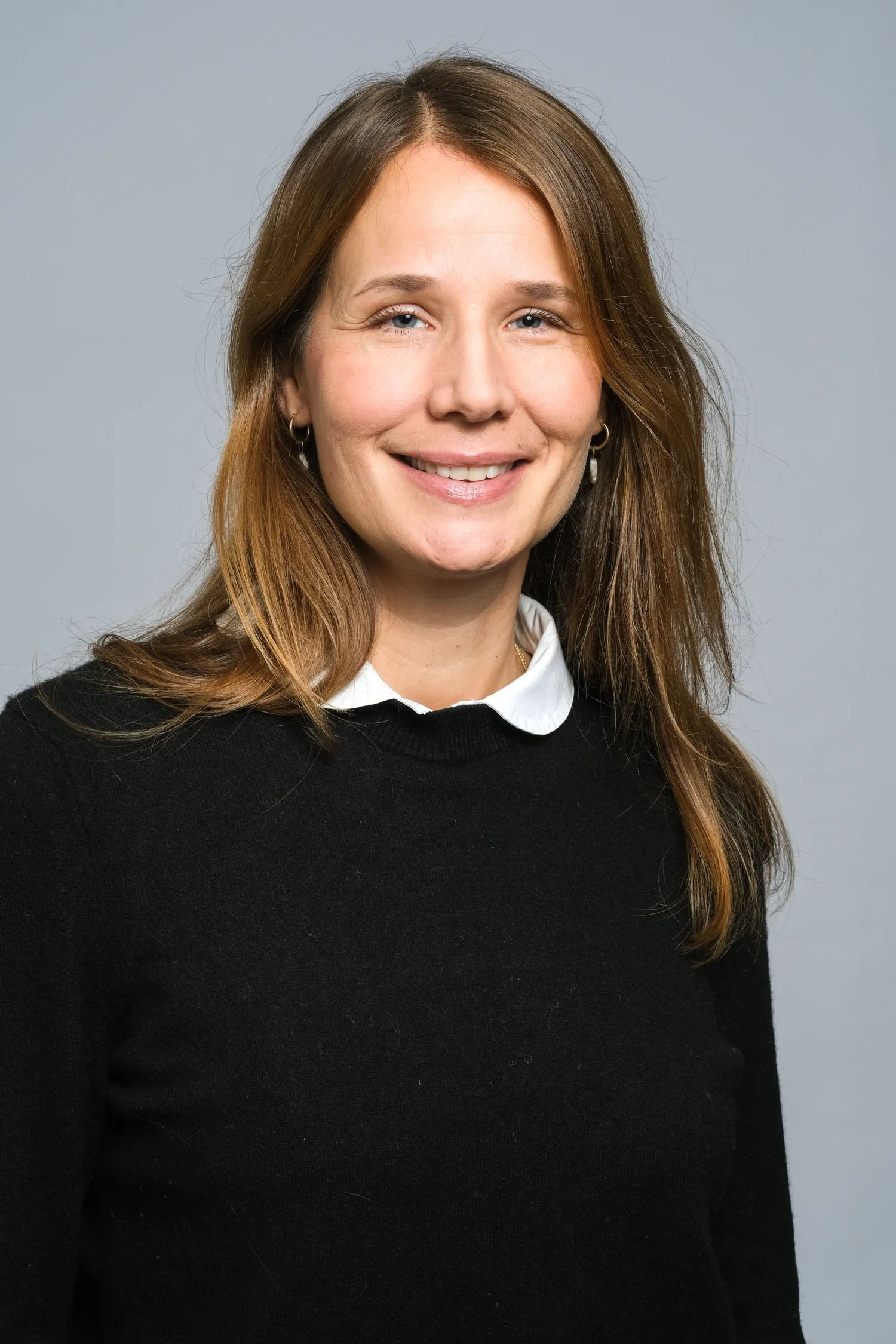When analyzing inflammatory markers in blood and cerebrospinal fluid, researchers at Karolinska Institutet found signs of inflammation in tissue from patients with cluster headache, specifically in the samples from the nervous system. The study was recently published in The Journal of Headache and Pain.

The results show that cluster headache patients have increased levels of several inflammatory markers, in particular chemokines in the cerebrospinal fluid. Chemokines are inflammatory molecules that are involved in attracting leukocytes to the site of inflammation.
"The increase can be observed both in the active phase of the disease (when patients experience daily headache attacks) and during remission periods (defined as longer periods when patients are symptom free)", says Caroline Ran, research specialist at the Centre for Cluster Headache, Department of Neuroscience and corresponding author of the study.
Analysis of inflammatory markers in the blood further showed a decrease of the upregulated markers in serum, suggesting the presence of a chemokine gradient, concentrating the inflammation to the nervous system.
Why are the results important?

"This is the first reported screening of cytokines in cerebrospinal fluid from cluster headache patients. The study gives an overview of the inflammatory processes that may be involved in the pathophysiology of cluster headache", says Andrea Carmine Belin, Principal researcher at the same department and co-author of the article.
"We also show that inflammation is ongoing regardless of disease state, which is key to understanding both the underlying mechanisms and designing new treatments in the future", she continues.
Cerebrospinal fluid and serum samples were collected at the Neurology clinic at Karolinska University Hospital by neurologist and co-author Anna Steinberg. Samples were sent for cytokine analysis SciLifeLab Affinity Proteomics at Uppsala University using Target 48 OLINK cytokine panels.
The main collaborating partners are the Department of Clinical Neuroscience at Karolinska Institutet and the Department of Neurology at Karolinska University Hospital.
The next step
Several new research questions arise from these exciting results which the researchers will try to address in future projects.
"Specifically, we want to understand the cellular provenance and the functional aspects of the increase of chemokines in the nervous system", says Caroline Ran.
The Mellby Gård Foundation and the Swedish Brain Foundation are the main financers of the study.
Publication
Ran C, Olofsgård FJ, Wellfelt K, Steinberg A, Belin AC
J Headache Pain 2024 Jul;25(1):121






